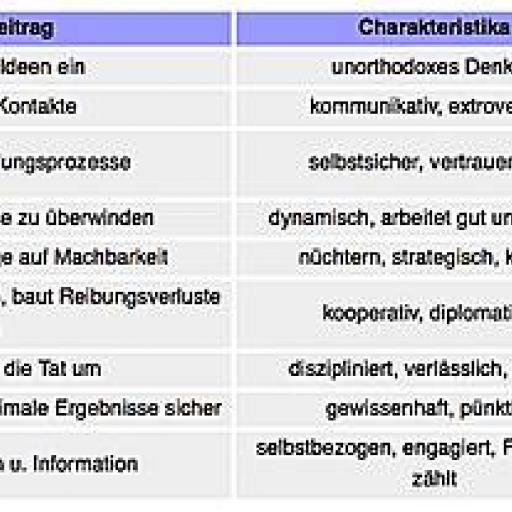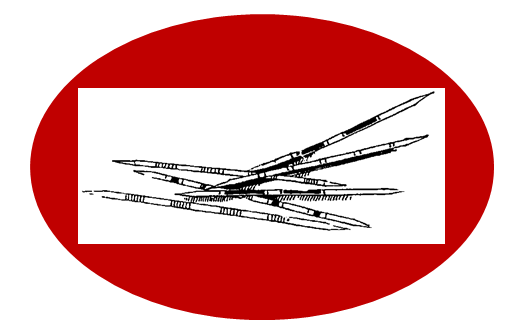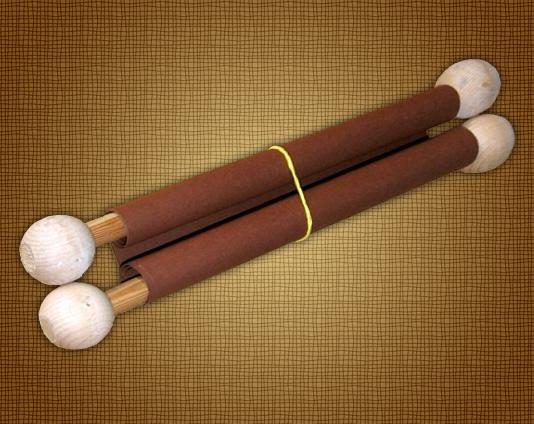A team role is the designation of a function, position or task that a team member has been assigned within a working group or has developed as a result of the group dynamics within the team.
Roles in the team
During the confrontation phase, roles are checked and assigned. Roles result from personality, inclinations and the composition of the group. Sometimes an individual has several roles. It can also happen that you have to fill a role in order to fill a gap.
The roles according to Belbin
According to Belbin[1], teams work effectively when they consist of a variety of heterogeneous personality and role types, whereby he distinguishes three main orientations in his classification, each of which in turn comprises three of the nine team roles:
- 3 action-oriented roles: Doer (Shaper), Implementor (Implementor), Perfectionist (Completer)
- 3 communication-oriented roles: Co-ordinator, Teamworker, Resource Investigator, and Resource Investigator
- 3 knowledge-oriented roles: Innovator/Inventor (plan), Observer (Monitor Evaluator), Specialist (Specialist)
The innovator/inventor (Plant)
- Characteristics: The inventor is introverted, creative, imaginative and has an unorthodox way of thinking. He brings new ideas and strategies to the discussion and looks for alternative solutions.
- Strengths: His particular skills lie primarily in finding solutions to difficult problems.
- Weaknesses: He tends to ignore details and trivialities, which leads to careless mistakes. He is also difficult to criticize.
- Area of application: Inventors should focus on their high problem-solving potential and ability to develop new strategies, while also taking into account the ideas of other team members.
The Resource Investigator
- Characteristics: The Resource Investigator is extroverted, enthusiastic and communicative. He makes friends quickly, is social and sociable.
- Strengths: He finds it easy to establish and utilize useful contacts with sources outside the team. Furthermore, he finds new opportunities and alternative solutions.
- Weaknesses: Switchers are often overly optimistic and easily lose interest after initial enthusiasm. They also tend to deal with irrelevant matters, which is why they digress from the core topic.
- Area of application: Pioneers should intensively cultivate contacts with the world outside the team and make intensive use of the sources they find in this way to find ideas.
The Coordinator/Integrator (Co-Ordinator)
- Characteristics: The coordinator is self-confident, decisive, communicative and a good listener. He coordinates the work process, sets goals and priorities, recognizes relevant problems and delegates tasks to those colleagues who are best suited to carry them out. He ensures that external targets and deadlines are met.
- Weaknesses: His colleagues can often perceive him as manipulative. This can cause them to distance themselves from the coordinator, especially on a personal level. This feeling is reinforced by the fact that he also tends to delegate personal tasks.
- Area of application: People with the characteristics of a Coordinator are particularly suitable as team leaders whose tasks should lie in the coordination and allocation of specialist areas.
The Shaper
- Characteristics: The Shaper is dynamic, full of energy and constantly under pressure, he rejects unclear and imprecise information and statements and concentrates on the essential core problems.
- Strengths: He challenges his colleagues and quickly takes on responsibility. He formulates sub-goals, seeks structures, ensures rapid decision-making and ensures that tasks are completed immediately.
- Weaknesses: Shapers tend to be provocative and easily get into arguments with their teammates, but do not hold grudges. They are perceived as arrogant, especially by observers outside the team. They also cause unrest in the team due to their hectic demeanor.
- Field of application: Doers feel most comfortable in a team of equals. As soon as they have to take on a leadership position, increased control and coordination are required, which demand a high degree of self-discipline from this role type in particular. Concentration and the use of strengths are also useful here.
The Observer (Monitor Evaluator)
- Characteristics: The observer is sober, strategic and analytical. He gets a good overview from a distance, is rather introverted and rarely speaks up without being asked.
- Strengths: The Monitor Evaluator considers all relevant possibilities and has good judgment.
- Weaknesses: Due to a lack of enthusiasm, he is hardly able to motivate others, tends to lose interest completely after being criticized and can be perceived as tactless and condescending by teammates.
- Area of application: The observer should make sure that their opinion is heard. This can be achieved by trying to be less cynical and skeptical.
The team worker/team player (Teamworker)
- Characteristics: Teamworkers are likeable, popular, communicative, diplomatic and often know the private backgrounds of their colleagues.
- Strengths: They ensure a pleasant working atmosphere and harmony, which is why they can also be described as the "social soul" of the team. Team workers avoid rivalry and have the ability to motivate even introverted colleagues to participate more actively.
- Weaknesses: They are indecisive in critical situations and tend to leave decisions to others.
- Area of application: The presence of team workers is particularly important in conflict situations, as they can use their diplomatic skills to resolve differences of opinion. They often help from the background and are responsible for social contributions.
The Implementor
- Characteristics: The implementer is reliable, conservative and disciplined. They work efficiently, systematically and methodically.
- Strengths: Implementors translate concepts into feasible work plans, need stable structures and therefore also work on building them.
- Weaknesses: They are critical of environmental changes and often react inflexibly to new proposed solutions.
- Area of application: Implementers should be responsible for defining a clear objective, practical approaches and structuring the procedure.
The perfectionist (Completer)
- Characteristics: The Completer is perfectionist, accurate, punctual, reliable and anxious.
- Strengths: He avoids mistakes and ensures that deadlines are adhered to precisely and also pays attention to detail.
- Weaknesses: Afraid that something will be overlooked, he prefers to check and control personally rather than delegate. He is often over-anxious and too precise, which can cause him to lose track of things.
- Area of application: Completers make an important contribution when the team is in danger of working too superficially or not meeting deadlines.
The Specialist (Specialist) - added character from Belbin
- Characteristics: The specialist is self-centered, dedicated and focused on the technical/professional part of a topic. He has extensive expert knowledge, background information and skills that the other team members lack.
- Strengths: He translates general statements into the technically correct terms and makes a professional contribution to the topic in question.
- Weaknesses: Specialists tend to get lost in technical details and therefore only make informative contributions.
- Area of application: The function of the specialist is to compensate for information deficits in the team and to contribute the necessary specialist knowledge.
References
Content may be automatically translated. Help improve the quality of the translation with your editing!




